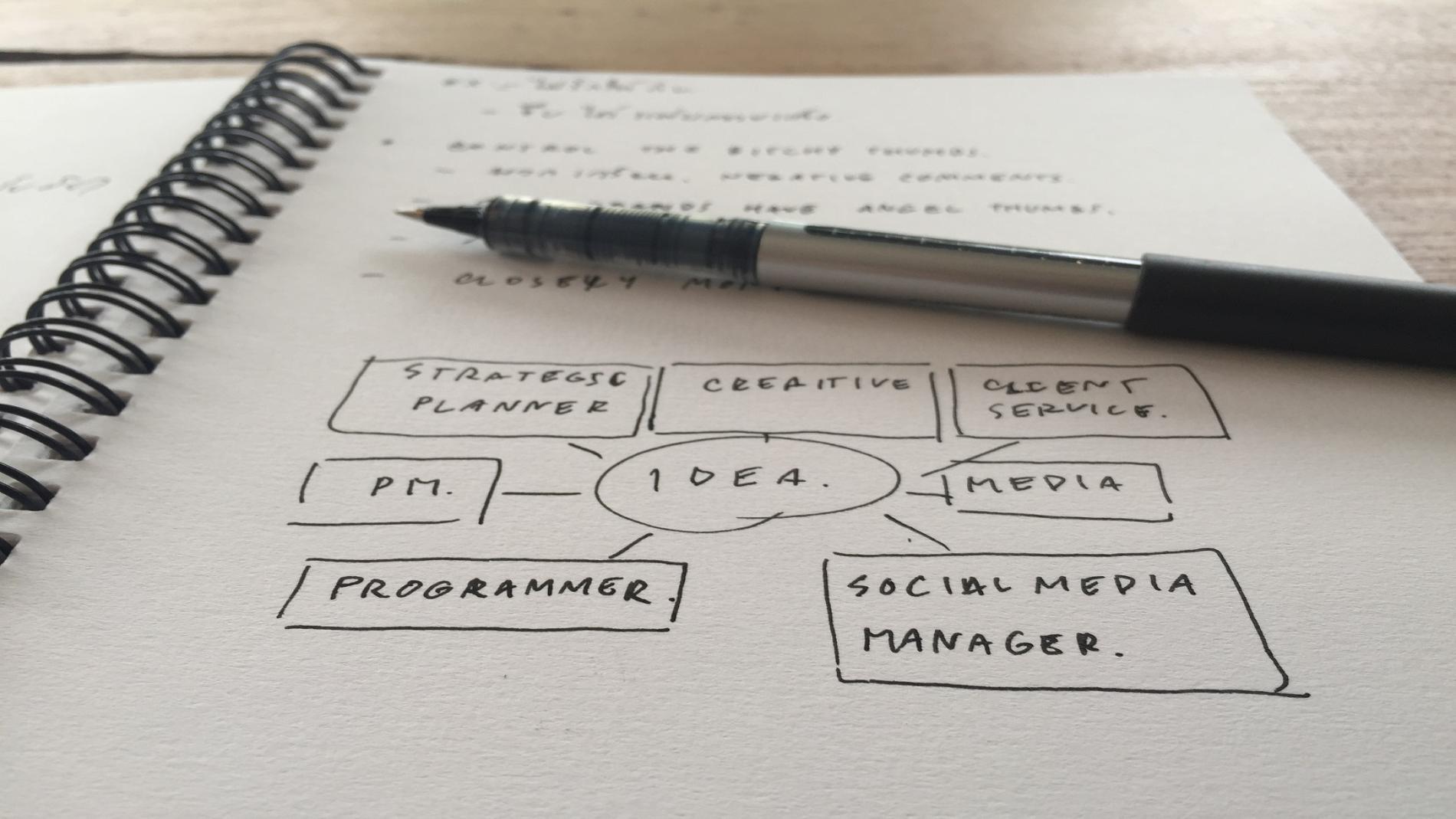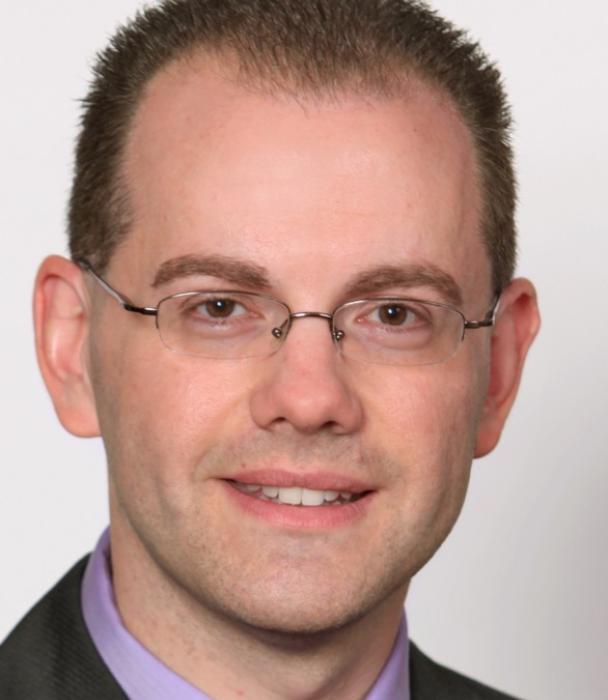Over the winter break, we recommend that you:
- Outreach to employers about future internship opportunities and summer jobs that align with your upcoming full-time career path. While any employment allows you to gain transferable skills that you can apply across career paths, it is vital while you are a college student to ascertain jobs or internships that are related to your major and/or career path. The Career Center highly recommends that students begin securing summer jobs with employers that are related to their future full-time career. By planning ahead for summer jobs or fall or spring internships, you will be able to network with employers to inquire about what is available and you will be ahead of the competition. Many students who desire to pursue health care graduate degree programs will be required to have observation hours, shadowing, and patient contact time as graduate school prerequisites. Summer tends to be a great time to accomplish some of these goals.
The Career Center can support you with all of your career development needs.
Working with a career counselor can help students:
- Make informed career decisions. By working with a career counselor early in one's academic journey, we are able to help you articulate your current and future academic and career goals. Counselors will be able to help you right off with your resume, cover letter, and mock interview practice. Next, they can help you with deeper-dive conversations about interviewing, networking, informational interviews, how to get involved in professional development opportunities, plus much more.
- Learn how to conduct a professional job search. Working with a Career Counselor will allow you to learn advanced levels of the job search, such as how to network with employers, which professional resources and websites you should be focused on (including websites specialized/directly related to your field). Career counselors will also teach you best tips and recommendations about effective job search methods and what job seekers should be aware of in current-day job searches when it comes to tools such as AI and ChatGPT.
- Create resumes and cover letters. After drafting a resume and cover letter that showcases your collegiate experience, plus other relevant information pursuant to your field and/or position of interest, a career counselor can then provide an in-depth critique, and also help you further articulate your transferable skills. Great conversations occur during these meetings and students historically leave with additional thoughts and ideas that they can incorporate into their documents.
- Develop effective interviewing techniques. Many individuals across the world head into the actual interview without having practiced a mock interview with a career counselor and/or met to discuss interviewing tips and recommendations. Counselors specialize in various career fields and majors, and as such, they have key insight and current-day knowledge of your field and can customize interview question sets accordingly, relevant to your area. Additionally, counselors will provide interview advice that helps students prepare themselves before, during, and after the interview has occurred.
- Articulate their transferable skills. Your skill sets and talents are of value and are ones that carry with you to your next destination. Therefore, it is critically important to articulate them to your future employers on your resume and cover letter and also during your employment interview. Employers are drawn to candidates who can converse about their transferable skills they have gained in past or present experiences and how they can utilize those skills to assist the new employer with their company needs. While you probably can identify some of your transferable skills, meet with a career counselor to ensure that you are highlighting all of your most vital transferable skills based on all of your accomplishments and achievements earned thus far.
- Prepare for the transition to the workforce. Going from student mode to full-time employee mode, or into graduate school, may feel like a daunting task. By working with a career counselor early in your academic career, you will be able to set realistic and achievable goals within an appropriate timeline that feels manageable for you. The key is timing, therefore, begin working with a counselor several semesters before graduation.
- Plan for graduate school. Did you know that career counselors provide in-depth assistance with helping you plan for graduate school? Career counselors meet with you to discuss program options and identify colleges and universities that would fit with your educational goals. Counselors review your resume, critique your graduate school essays, show you how to ask for professional references and how to order transcripts, take standardized testing, and help you with the entire process--right through the time you submit your applications. If graduate school is of interest, or is required for your future career, speak with a career counselor early on so that we can help you with the timeline of everything that you need to do.
Be ready for spring semester interviews and return to campus with:
- Professional suits, business attire, and professional footwear. Most students who are graduating in May or August will be interviewing with companies during the spring academic semester--either in-person or via Zoom. Remember to always return to campus in January with professional business clothes and shoes so that you are ready to interview at any given moment.
- Padfolio to bring to interviews. Purchase an inexpensive padfolio so that you can arrive at your interview looking very organized. Inside your padfolio you will have extra copies of your credentials (resume and cover letter used to apply for the position), along with a pen and paper, and include several questions that you plan to ask during the interview.
Here's some information you may need:
The Career Center
Find a Job or Internship
Interviewing and Networking
Stay in Touch With the Career Center
Connect with us on Facebook.
Follow us on Twitter: @SCCareerCenter
Follow us on Instagram: @sccareercenter
Phone: 413-748-3222 or 413-748-3110
Email: career@springfieldcollege.edu


